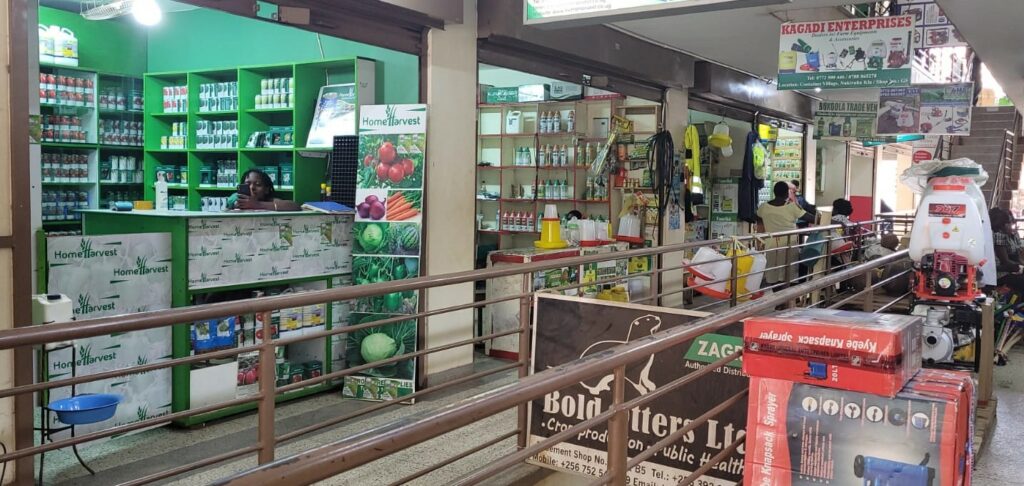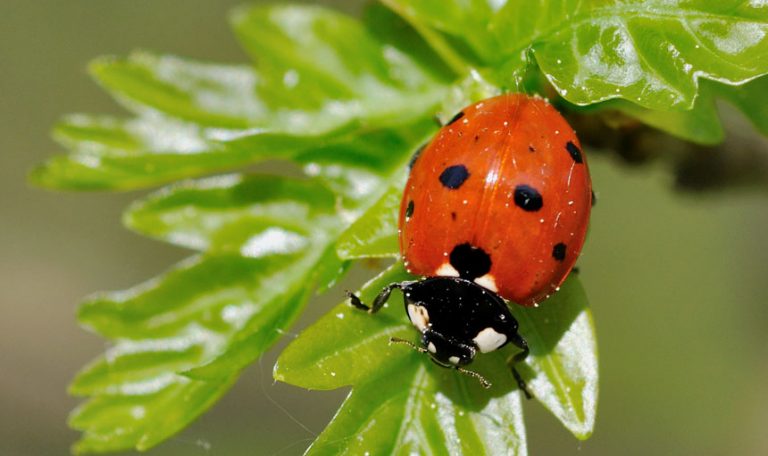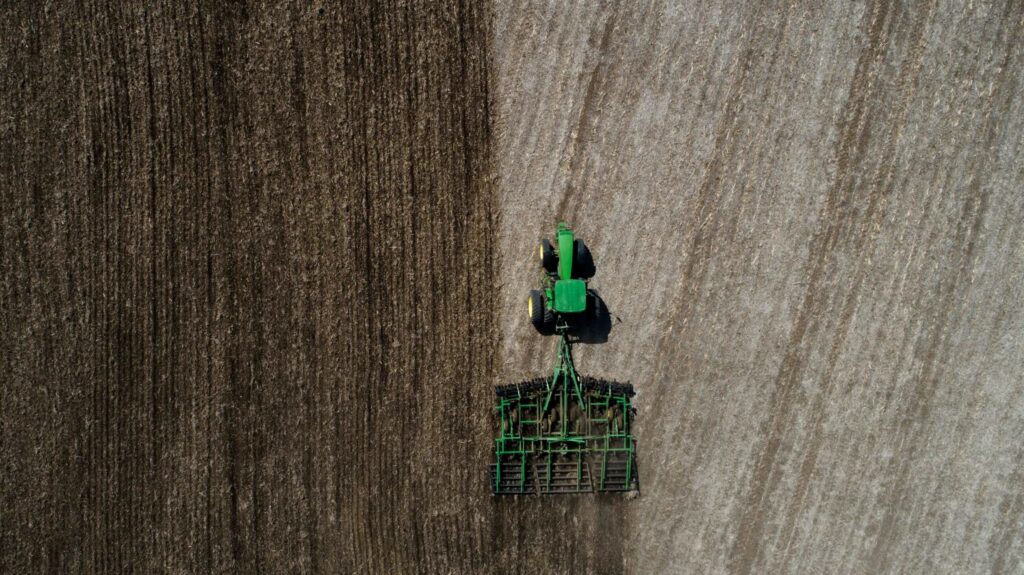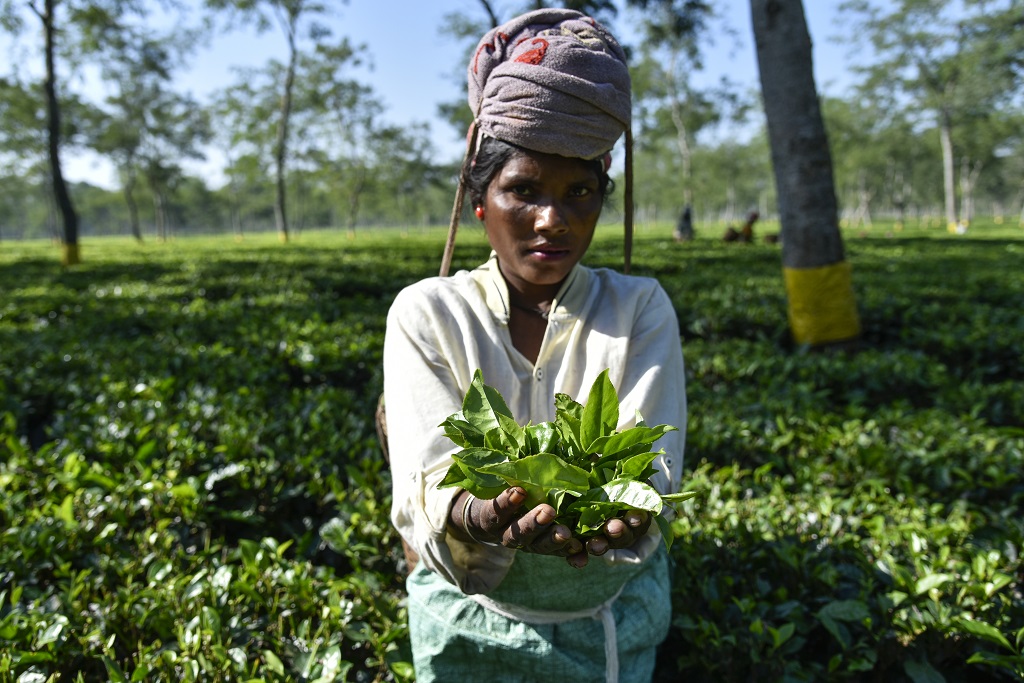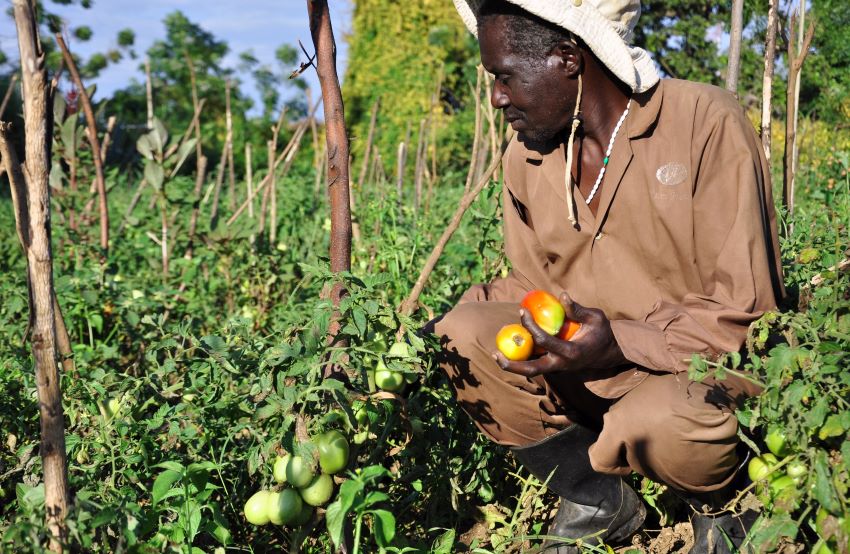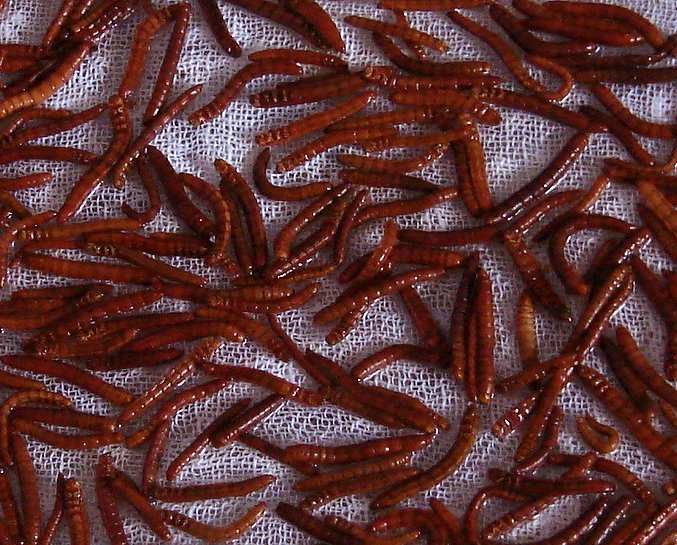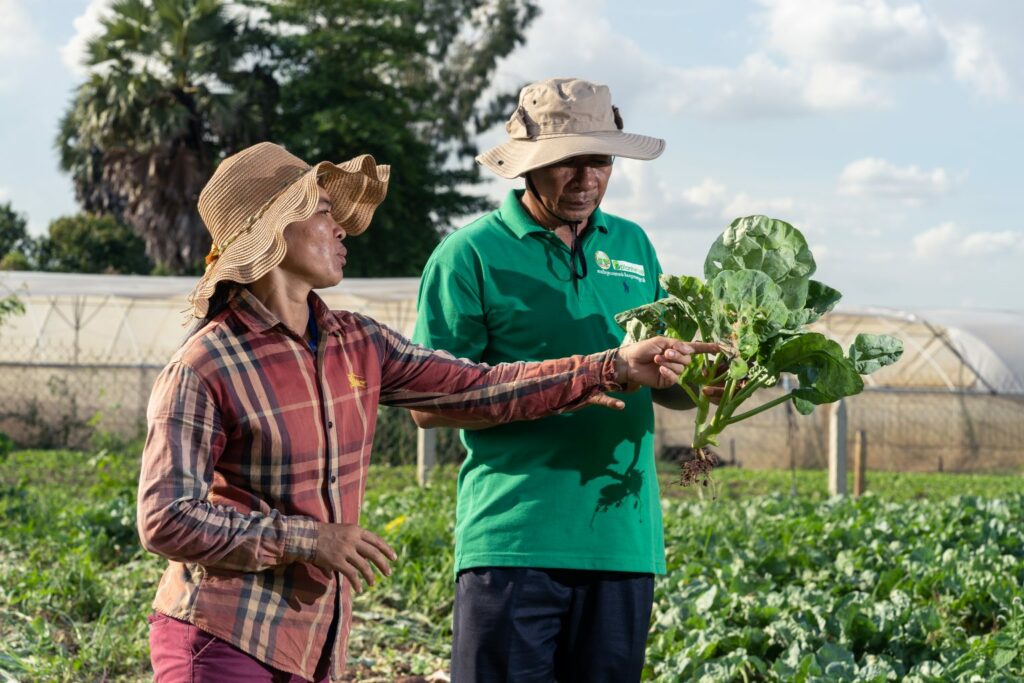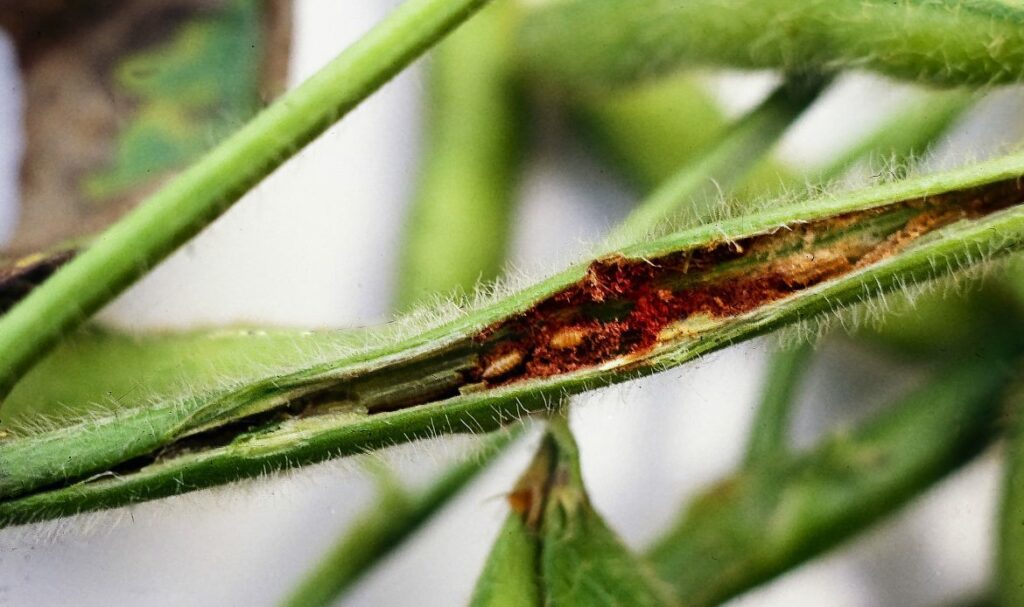Types of biological control: augmentative, conservation and classical
Biological control, also called biocontrol or bioprotection, is a method of pest control using other organisms, natural enemies, pathogens, semiochemicals and natural substances. Unlike some other methods of control in agriculture, bioprotection often has little to no side effects.
Can Uganda’s agro-dealers become champions of sustainable pest control?
The global surge in pesticide use has helped to increase agricultural productivity. However, it has also raised alarms about the risks they pose to health and the environment. In many low- and middle-income countries, agro-input dealers (commonly called agro-dealers) play a central role in supplying farmers with inputs such as fungicides, herbicides and insecticides. They…
What are bioprotection products, and how do they work?
Bioprotection products are nature-based solutions to managing crop pests and diseases. More and more growers are turning to environmentally sustainable crop pest and disease management solutions, such as bioprotection products. Reasons for choosing more sustainable solutions include pest and disease resistance to chemical pesticides and concerns for human health and the environment.
Pesticides in tea: How can we manage tea pests more naturally, avoiding harmful chemicals?
On International Tea Day, we look at how we can reduce pesticides in tea. Tea is the second most widely consumed beverage in the world, after water. It’s estimated that people drink around three billion cups every day. But tea plantations are under threat from pests, and farmers must find effective ways to stop them.…
Bean fly – how to recognize, prevent and manage this common legume pest
This article was originally published on the CABI BioProtection Portal blog. Visit the original blog post here. Bean fly is a destructive pest of most food legumes, particularly common bean, cowpea, mungbean, blackgram, lima bean and soybean. Symptoms include yellow areas on leaf surfaces, leaf drop, lined marks on leaves and swollen and split stems.


